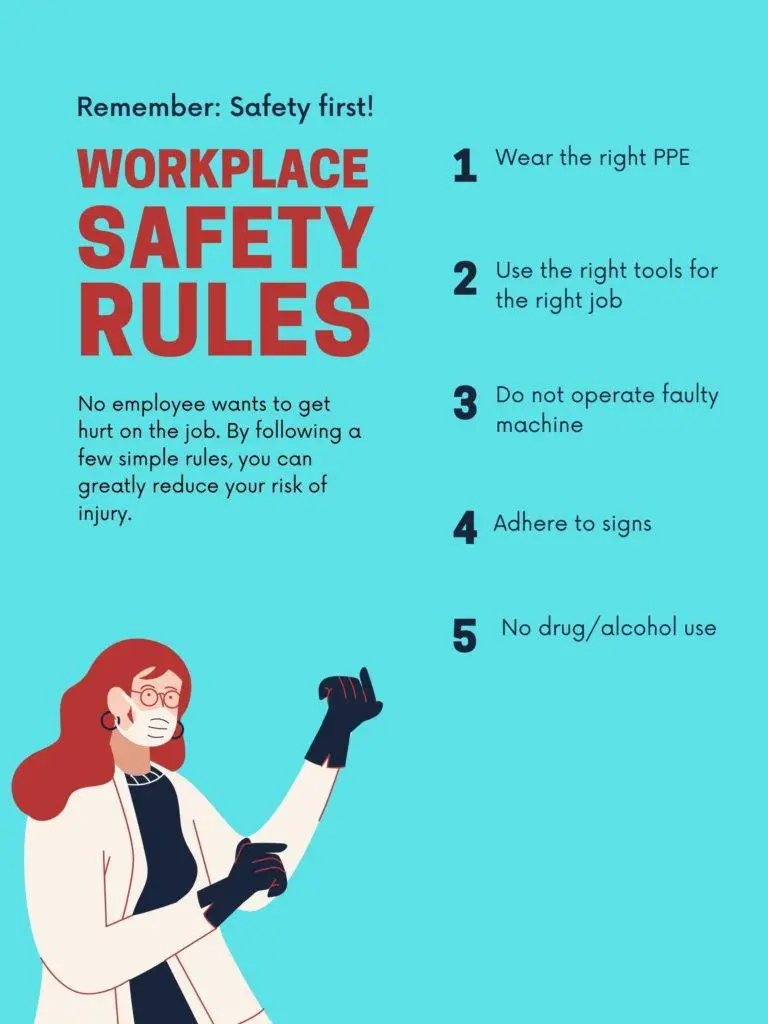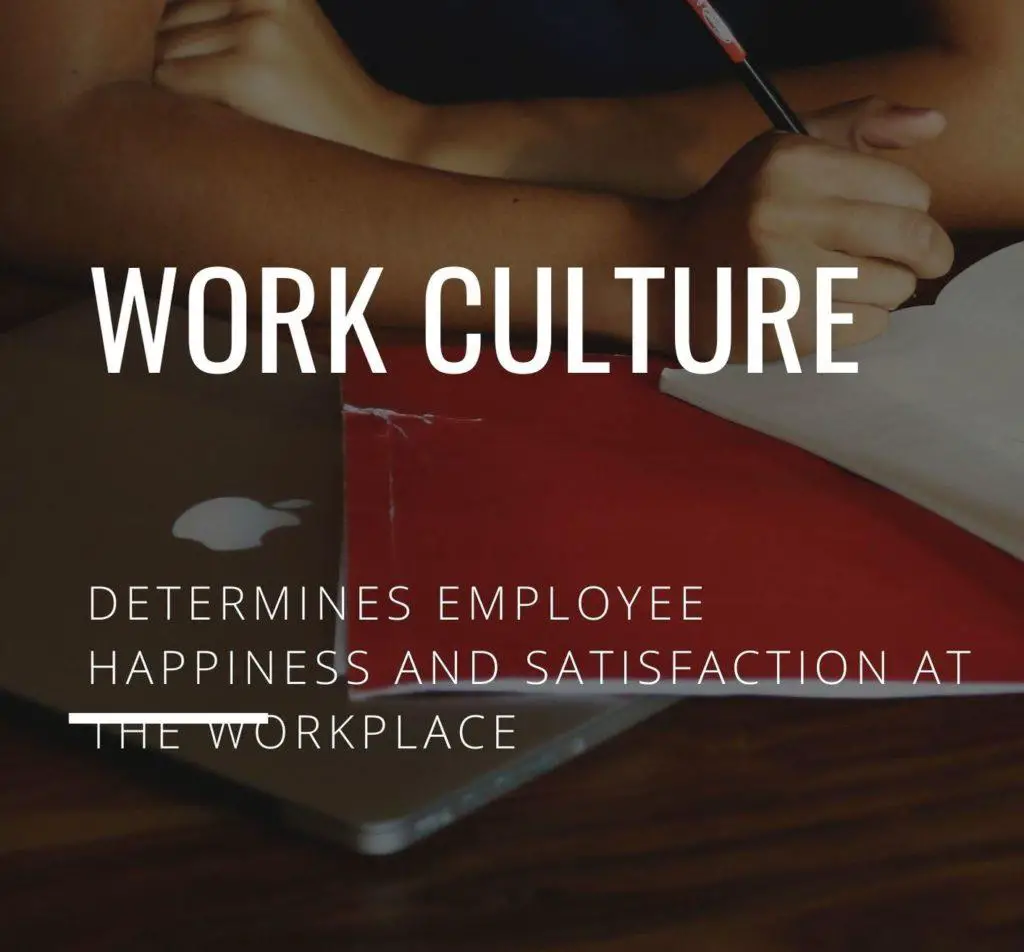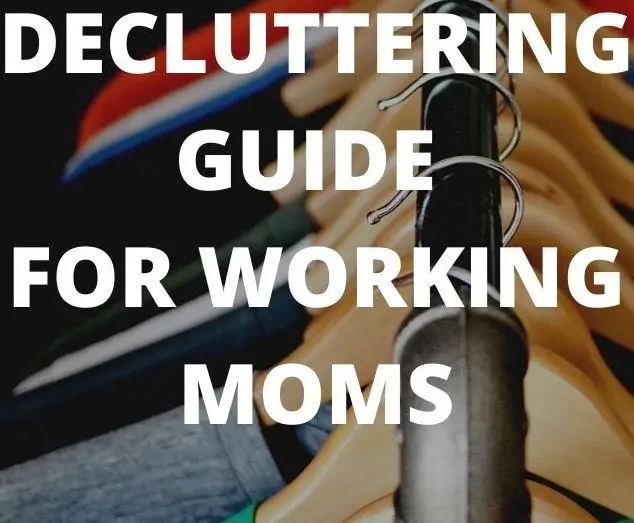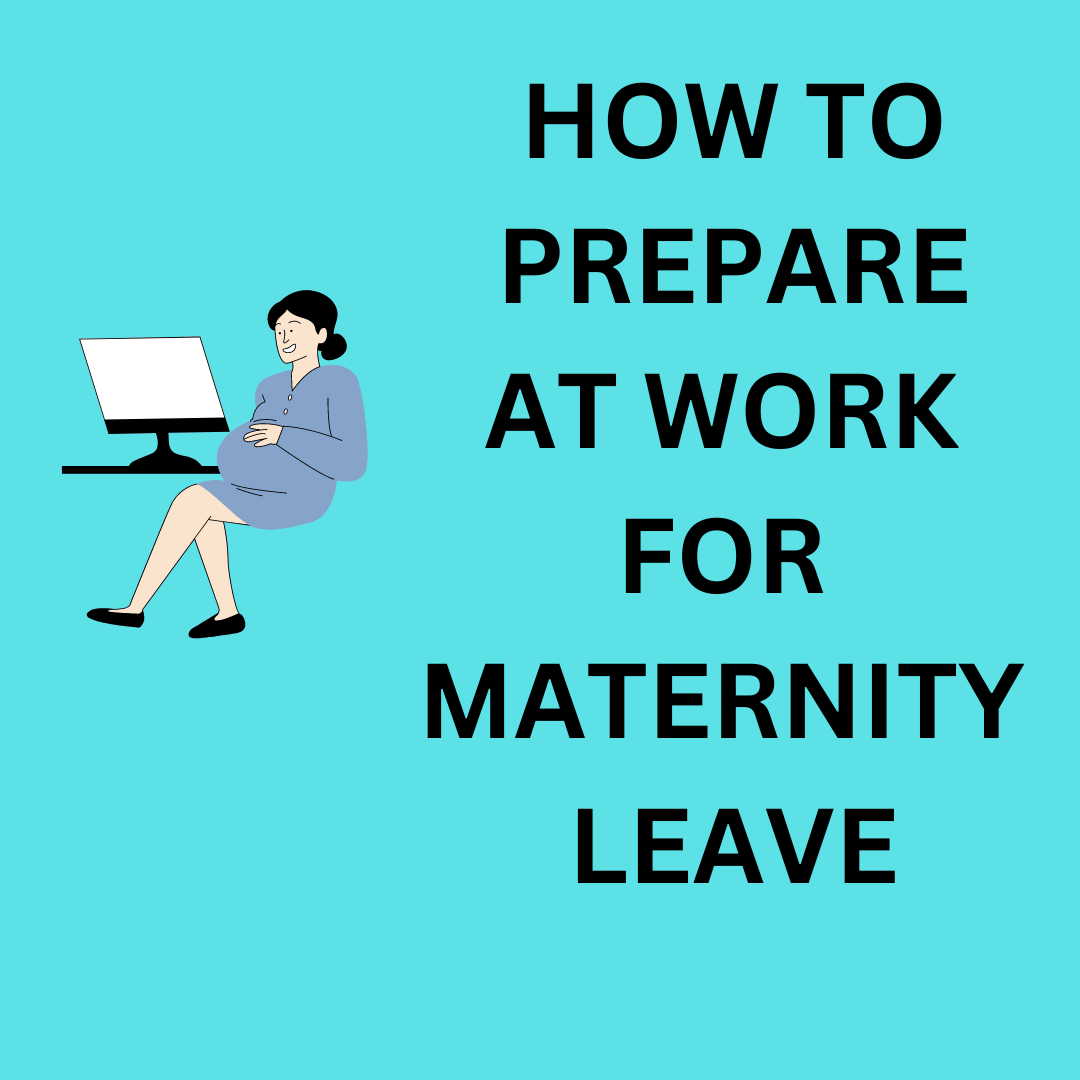Surprisingly award winning and highest paying companies on employers still face high employee turnover. It means that the good paychecks, perks, and benefits after all could not be what makes a good employer good.
Therefore employees consider different things to be important at the workplace. We all work for that paycheck at the end of the month, but others reasons such as related benefits the work environment and the organisation culture can make you quit or change employers.
It is only enough for you to stay if you are happy working there. Before quitting consider if the pay is enough for you, you get other benefits, the safety of your work place, and if the work culture is health and conducive.
The ideal workplace for you may not offer all of the above but must at least meet and satisfy what you consider important be it the pay, benefits, work environment, or work culture among others.
Criteria to Decide If To Quit or Keep your Job
1. Quit if Salary or Wage is not Good
Unless you are a volunteer or working for a non-profit organization, money is always a factor in how you deliver and feel satisfied at your workplace. Your salary may depend on your experience, your educational level, your roles as well as the company’s ability to pay a certain salary range. Some employers will pay better than others for similar roles and other conditions considered.
Nonetheless, the pay you get from the employer should be worth the effort you are putting into your job. Therefore, your salary is a major drive whether you will stay at your you will quit. Only keep your job if it is meeting your financial obligations. Otherwise you will not feel satisfied even though you love your job, co-workers, or have a passion.
Further we all deserve a pay rise annually, an average of at least 2 years is a long enough time to prove your worth and ask for a pay rise. As long as you have excellent performance records, meet expectations/goals, have made exemplary growth and development in skills and have added value to your company, expect that your pay matches his worth.
If not, you have a valid reason to quit. When the pursuance of a pay rise does not work out, you may have to decide if to look for greener pastures. In your next endeavor, ensure you get a good deal from the word go. You can use your educational qualifications, experience, past performance, and market rates to help you in asking for a good starting pay.
Read: What Motivates Working Moms

2. Keep your Job if it has Excellent Benefits
Paycheck aside, employees are like internal customers for any organization. In this regard, the company has a certain corporate responsibility towards the employees. Employees do rate his/her employer depending on how well they care for their employees.
Even with a good paycheck at the end of the month, employee needs other social benefits such as annual leave, holiday’s payments if they have to work, welfare token in case of emergencies among other small benefits accorded to employees in appreciation of their work.
To decide if to keep your job or quit, look out for the following;
Is adequate maternity and annual leave offered?
Is there pay on holidays(if you have to work)?
Are financial assistance offered e.g advance, loans?
Does the employer have a saving plan/program for their employees?
Are there training, workshops, team buildings activities, etc?
Others; tea/lunch, accommodation, paid trips, gym etc?
These elements matter to working moms and they contribute towards making them comfortable and feel fulfilled with an employer. If if is a yes to most of these benefits, especially those that matter to you ,then you should your job. If your employer is not providing any of these, then it may be time to quit and look for another job.
Read: Why Working is Good for you
3. Stay if you Workplace is a Safe Environment
A safe working environment is very important and some elements may be subject to statutory regulation and monitoring. The government may set some safety and operations standards for the workplace to protect the employees. An employer is expected to ensure the safety of its employees at the workplace; both physical and emotional.
Physical safety entails ensuring that the workplace is safe and secure for the employees to work in. It includes providing the right working tools, protection gears, security officers, caution signs, safety policies among others that show that the employer cares for the workers.
In deciding if to quit to keep your job, it is also important for you to evaluate if there is any amount of possibility of harm or long-term injury that can be related to working at your workplace.
Important aspects of a safe work environment include:
PPE (Personal Safety Equipment)and tools
Security officers e.g at key entry points
Access to emergency assistance e.g panic buttons
Firefighting and First aid facilities
Facilities/accessibility for disabled people such as the entryway, washroom
Signs e.g Caution, Direction, Warning, etc
Adequate and clean sanitation
Free of drug and alcohol abuse, sexual abuse, etc
Work safety manuals and policies
The employer is obliged to put in place the right policies and implementation to ensure a safe working environment. When they have provided most of not all of the above, then you may consider keeping your job.
If none of this are provided , then it is not safe workplace and your should not be working there. The absence of these measures means the employers does not ensure the least amount of vulnerability to injury for you, quit and look for another job. Doing so is especially so important if you have health-related conditions that could be aggravated by the environment at your workplace.
Read: Best Mom Friendly Jobs and Careers

4. Quit if Work Culture is Toxic
A work or organization culture is the way of doing things or simply how work and related functions are accomplished at a workplace. The culture determines key things such as how promotion is determined, how a certain gender is treated, how disciplinary cases are handled, how employees and customers are handled among other things.
Work culture is very critical for an organization as it affects the employee’s productivity and subsequently its productivity. The work culture will affect the satisfaction and productivity of the workplace place in many ways. As such you can use it as a criteria to decide if to quit you job or not.
Important things to look out for includes :
Are there possible discrimination such as gender discrimination?
Does the organization show a bad/poor leadership style?
Is the type of management structure a barrier?
What are channels of communication used? If you have good effective communication channels, consider staying longer at your company
What do company policies on key work areas state?
How are disciplinary cases handled?
What is purpose or mission and vision statement of the company? if these do not align with your values, quit your job
Is there ownership of duties/ accountability?
How do employees treat each other/team spirit?
Does the employer have diversity programs, training for employees
A bad work culture will affect how you relate with other employees , your productivity, and most importantly your satisfaction. It also affects your mental and social health as well if these effects spill over to your personal life. It is hence best to quit and look for another job if any of the above elements is seriously affecting your performance at work and your personal life.
Only stay when the culture is healthy, non-discriminating, recognizes gender equality, and enables growth while recognizing the individuality and contribution of employees. If not, just quit. In fact, it is quite okay to quit your job if you have too much work-related stress or if it is making you unhappy.

Last Word
Employers who consider their employees as a valuable asset are winning at winning over employees and keeping them as well. Likewise, employees are becoming more and more loyal to employers and workplaces that meet their needs and expectations, not necessarily their pay.
You should not stay at a job you hate because of the pay and it is absolutely okay to quit your job if you hate it. Working a job you hate for money will only affect your personal life and life outlook in general which is largely an unhappy life.
Related Articles
How to Choose a Mom-Friendly Career



